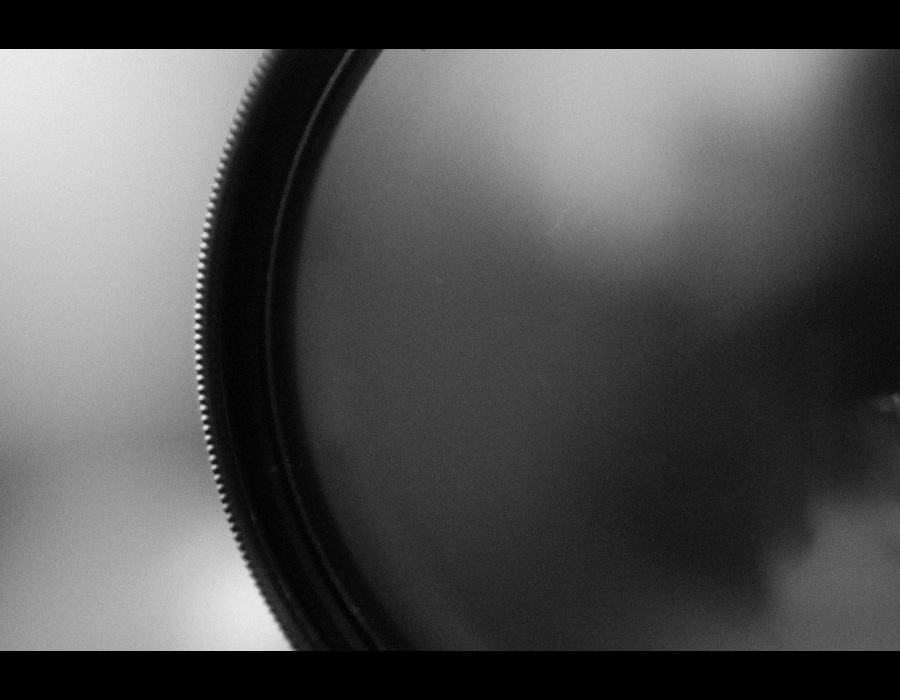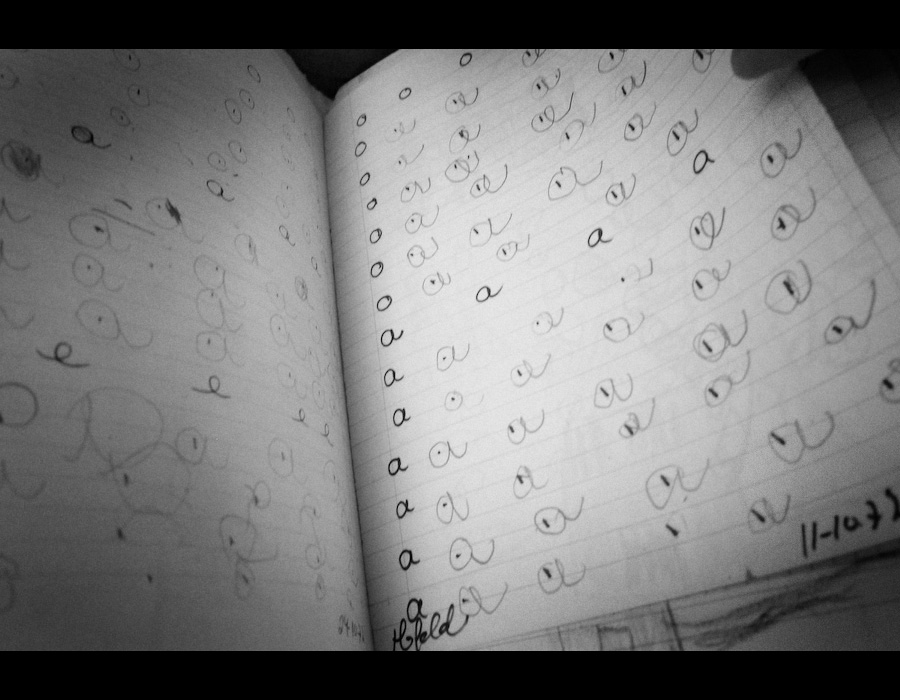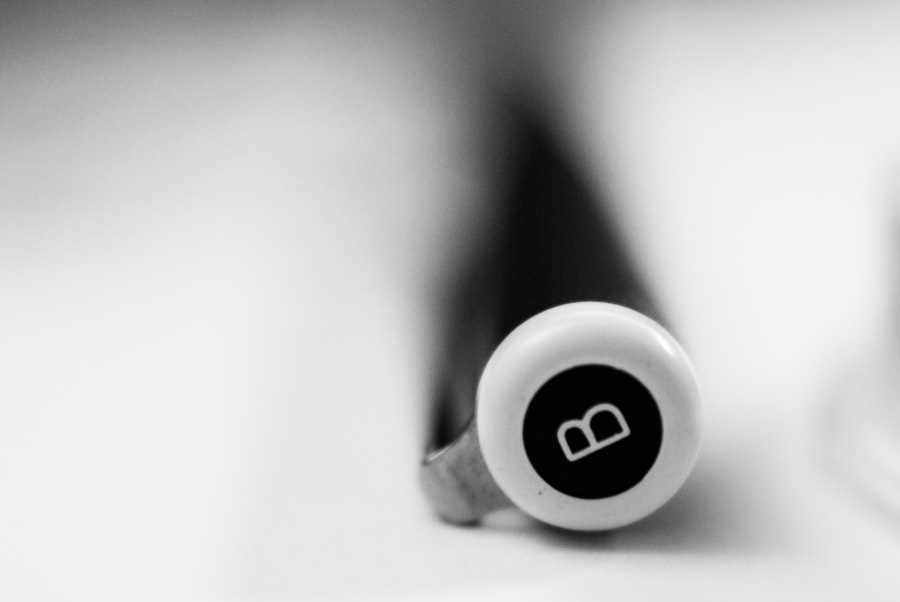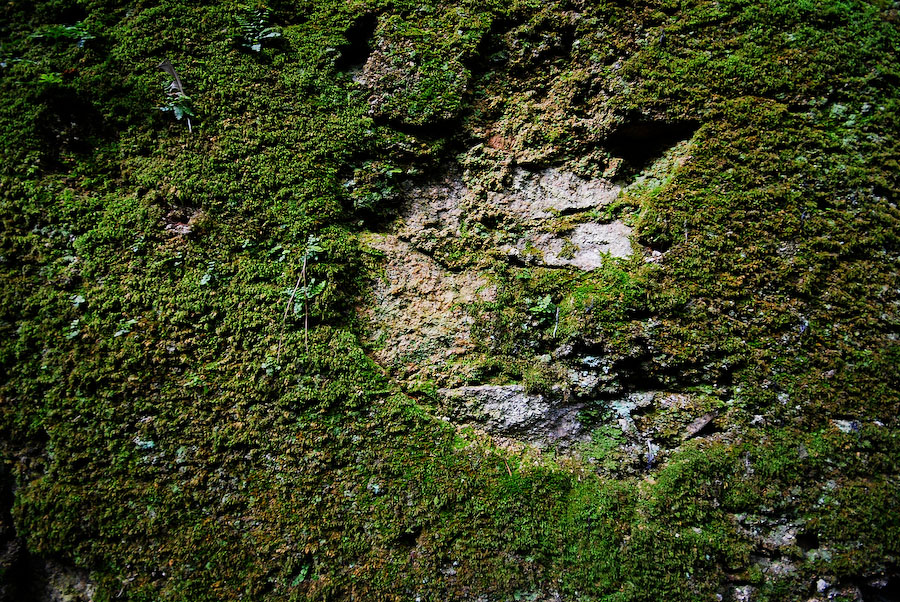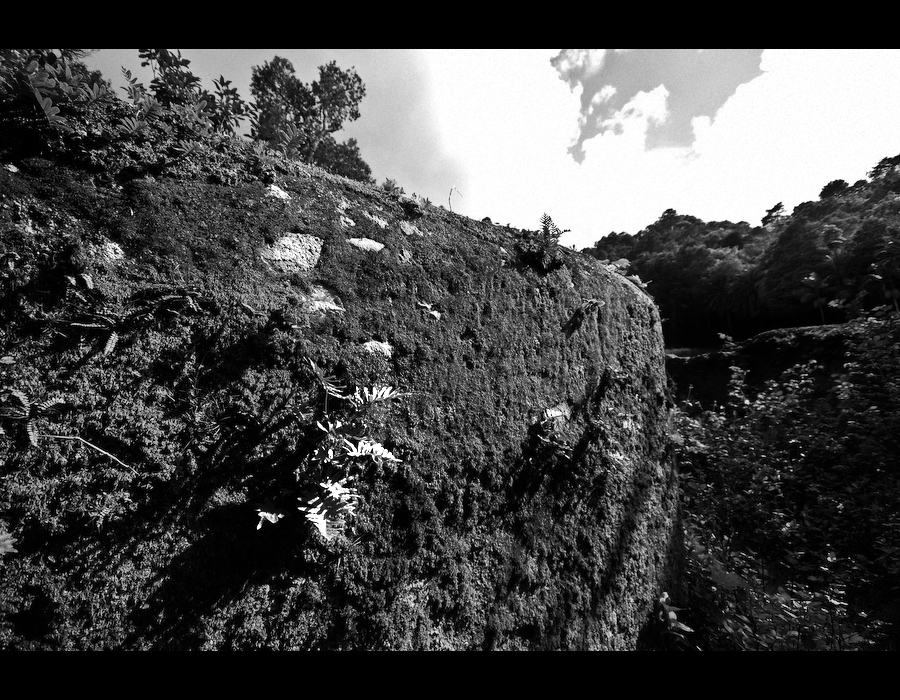
Here I Am ...
drunk again at 3 a.m. at the end of my 2nd bottle
of wine, I have typed from a dozen to 15 pages of
poesy
an old man
maddened for the flesh of young girls in this
dwindling twilight
liver gone
kidneys going
pancrea pooped
top-floor blood pressure
Charles Bukowski

No debt is owed a smile, however warm,
That brightened hearthstone cold on gray-branched day,
Nor dearness of an eye that shone with special charm
And lighted lowest clouds along their way.
For spoken kindess let no payment pass,
Though in truth such never fell unheard,
Nor yet for look, nor dress, nor studied stance
Seen loudly clothed in pale and dying word.
Only a sightless scene deserves the fee:
'Twas but a hand laid lightly o'er my own,
A momentary mime, mute reverie,
For hands sing songs with words to lips unknown.
Unseen by thee who played the mummer's part,
In recompense for hand, I gave my heart.
January 3, 1905
Violet Witherspoon
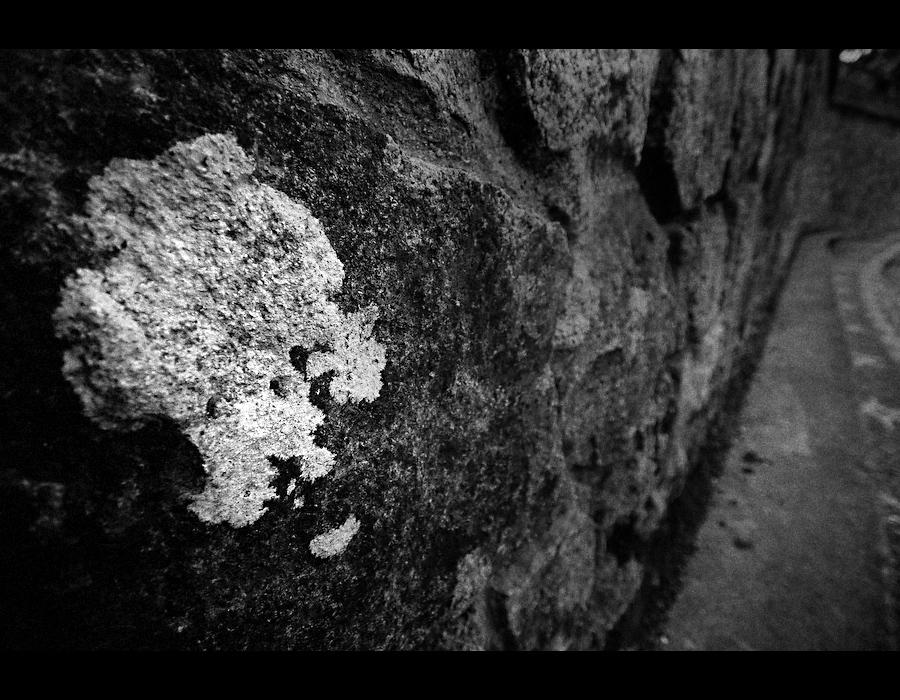
A Kiss in Space
That the picture
in The Times is a blur
is itself an accuracy. Where
this has happened is so remote
that clarity would misrepresent
not only distance but our feeling
about distance: just as
the first listeners at the telephone
were somehow reassured to hear
static that interfered with hearing
(funny word, static, that conveys
the atom's restlessness), we're
not even now--at the far end
of the century--entirely ready
to look to satellites for mere
resolution. When the Mir
invited the first American
astronaut to swim in the pool
of knowledge with the Russians, he floated
exactly as he would have in space
stations of our own: no lane
to stay in, no line to determine
the deep end, Norman Thagard
hovered on the ceiling something
like an angel in a painting
(but done without the hard
outlines of Botticelli; more
like a seraph's sonogram),
and turned to Yelena Kondakova
as his cheek received her kiss.
And in this
too the blur made sense: a kiss
so grave but gravity-free, untouched
by Eros but nevertheless
out of the usual orbit, must
make a heart shift focus. The very
grounding in culture (they gave him bread
and salt, as Grandmother would a guest
at her dacha; and hung the Stars
and Stripes in a stiff crumple
because it would not fall), the very
Russianness of the bear hugs was
dizzily universal: for who
knows how to signal anything
new without a ritual?
Not the kitchen-table
reader (child of the Cold War,
of 3x5 cards, carbon copies,
and the manila folder), who takes a pair
of scissors--as we do when the size
of some idea surprises--and clips
this one into a rectangle
much like her piece of toast. There:
it's saved, to think of later.
Yet it would be unfair
to leave her looking smug; barely
a teenager when she watched, on
her snowy TV screen, a man
seeming to walk on the moon, she's
learned that some detail--
Virtual Reality or e-mail,
something inexplicable and
unnatural--is always cropping up
for incorporation in what's human.
What ought to make it manageable,
and doesn't quite, is the thought
of humans devising it. She'll
remember Norman Thagard in June,
when the Mir (meaning Peace: but how
imagine this without agitation?)
docks with the Atlantis (meaning
the island Plato mentioned first
and which, like him, did not disappear
without a splash), to shuttle
the traveler back home--or
to whatever Earth has become.
Mary Jo Salter
Subscribe to:
Comments (Atom)

